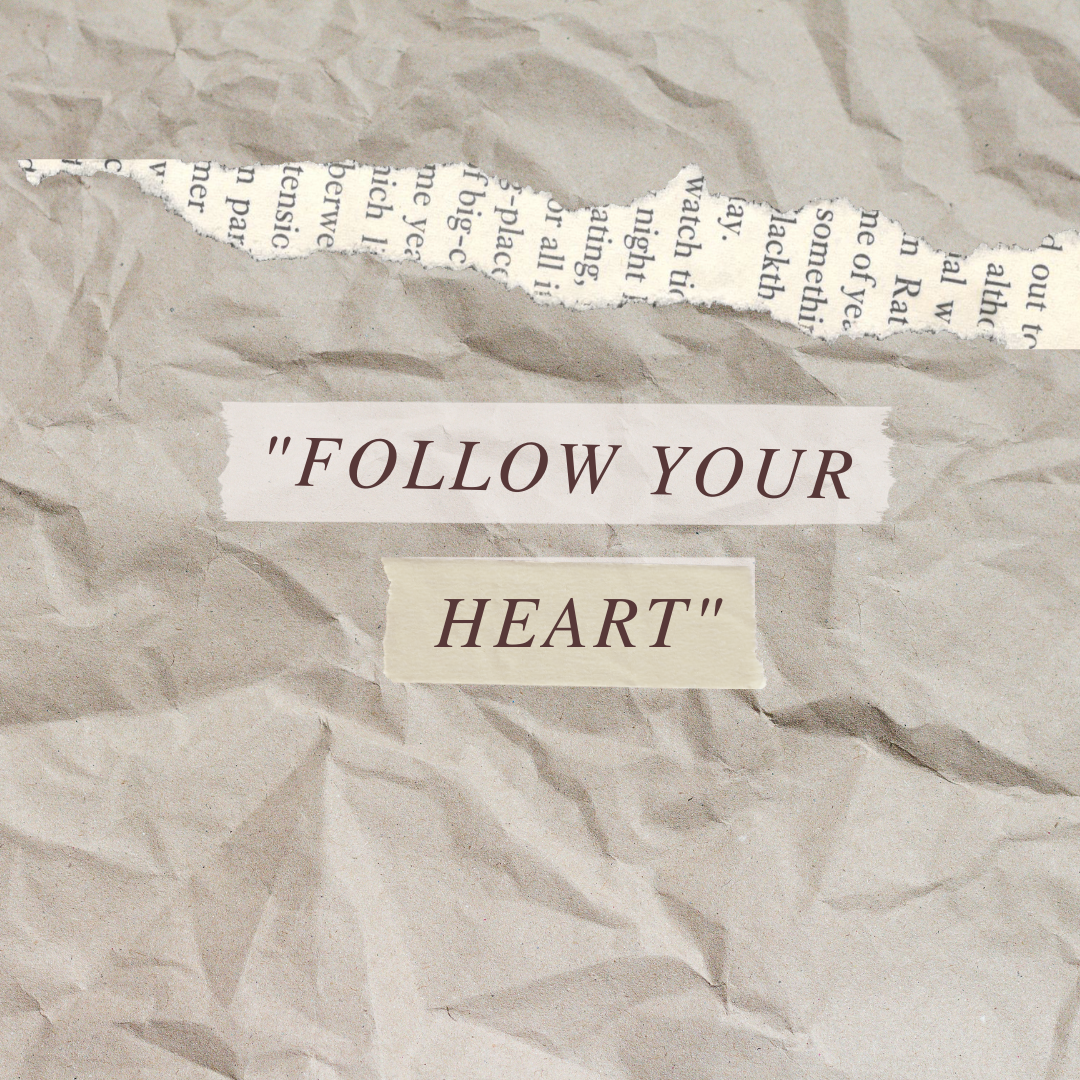
by Kirsty Miller
As any student of English, Music or Philosophy will know, people often react to these subject choices with a very specific and predictable set of responses: ‘Oh, so what exactly are you going to do with that?’ ‘You’re going to be a teacher then?’ ‘What jobs does that lead to?’
Look up ‘best and worst degrees’ on YouTube, and you will be met with a whole host of videos ranking degrees by potential earnings and mocking subjects like Gender Studies and Film Studies for their “pointlessness”.
However, as a 2020 English Literature and History grad, I am here to assure you that studying the arts is far from pointless. Here are some of the most important things I have learned from my experiences; if you are considering the same route, I hope to provide you with a new viewpoint that will inspire you to follow your heart.
Your studies will equip you with a whole range of skills
Target Jobs, a careers website used by many students, has a list of the top skills employers look for in candidates. Some of these are communication skills, teamwork, organisational skills, and the ability to work under pressure – all of which you develop by studying arts subjects.
Although the workload can be tough, the variety of tasks means your impressive skill set is always growing. Writing essays, finding useful sources in the library, studying independently, working on group presentations… the list goes on. You are constantly trying new things and meeting new people.
You will have endless career options to choose from
The idea that you will be unemployable after studying an arts subject actually couldn’t be further from the truth. It might take a bit longer to find your career path than it would take, say, a doctor or an engineer, and that’s because those are vocational subjects which people usually study with one definite career in mind.
The beauty of an arts degree is that there are so many routes you can go down post-graduation. You could do a Masters and a PhD and become a researcher or lecturer. You could study to be a teacher or do a graduate conversion course to become a lawyer. You could apply to one of thousands of graduate schemes which require a degree, but not in a specific subject. (In fact, many employers particularly value arts students for their critical thinking and creativity skills.) Or you could apply to jobs in areas such as marketing and advertising, which are very popular choices for arts grads.
You are sold a myth in school, that everyone just chooses a career and sticks to it. You pick from certain categories that your limited experience has already exposed you to. But the truth is, there are jobs out there you don’t even know exist. Whole career areas no-one has mentioned to you before. And people change careers all the time.
By studying an arts subject, you are not closing doors, but opening them to whole new realms of possibilities.
You will be doing something you love
This, for me, is what it all comes down to. I am a firm believer in trusting your instincts and pursuing your interests. After all, you are much more likely to succeed if you play to your own strengths and do something you truly enjoy.
Obviously, job security can be a huge concern and it is a privilege to be able to follow your dreams without worrying about financial consequences. But I don’t think arts degrees should be thought of as being inherently risky. You will need to work hard and might need to apply for lots of jobs before you find a match. But there are so many options out there and you will be motivated by a passion for what you do.
The world needs artists and thinkers like you
Think about Scottish icons such as Robert Burns, Charles Rennie Mackintosh and Billy Connolly. They all gained fame and contributed towards the way we see ourselves as a nation, and they all did it through the arts.
Now think about what it would be like to live in a world where creativity wasn’t valued. A world bereft of poetry. A world in which you couldn’t while away Saturday evenings watching Netflix, couldn’t swap book recommendations with a friend, couldn’t pop your earphones in and listen to Spotify on your way to the shops. Sounds pretty bleak.
Over the past year, throughout various lockdowns, books and TV shows have taken on an even more vital role. They have allowed us to briefly escape the horrors around us and find comfort in stories.
Our society is built on the arts and we would be lost without them. This is not to dismiss science, medicine and maths, but to say that all of these elements are equally important to how we live.
We need creative minds as much as we need scientific ones. We need to challenge the idea that any passion is a waste of time. By studying the arts, we are continuing the centuries-long exploration into what it means to be human.
